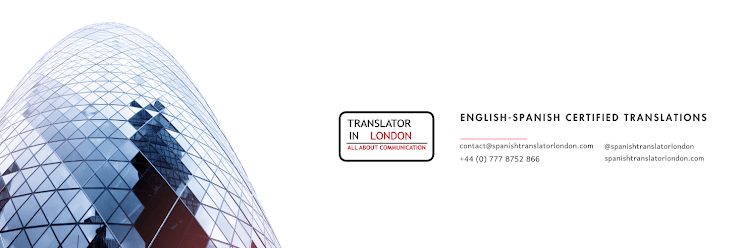As I was watching BBC Parliament today, MP Mark Menzies tabled a Rule Bill about amendments that should be introduced to Sunday Trading Legislation in view of the forthcoming 2012 Olympic Games in London. He emphasized that the Olympic spirit can boost business and that London trading legislation should be adjusted to provide for the new demands that may arise as a result of the Olympic Games fever. Throughout his presentation I started thinking about the endless business opportunities that will arise as a result of the Olympics and the key role that translators and interpreters will be playing in London 2012. Hundreds of thousands of visitors from all over the world will come to England, many of them from non-English speaking countries. In order to welcome them, official documents, press releases, information about the Olympic camps and rules about the games, as well as brochures about London will be translated into different languages. During the games, the demand for interpreting services will be higher. Interpreters will be required to facilitate communication with international athletes, the media, and even with the International Olympic Committee. Tomorrow I am attending an event for prospective London Ambassadors for the Olympics and Paralympics and I may find out more details about the communication needs we will face in 2012. I will post here a summary of information that may be of interest to professional linguists (if discussed in the meeting). Busy times ahead for translators and interpreters during the Olympic Games in London 2012, so watch this space! I may need your help.
PRIVACY POLICY At Translator in London we are committed to safeguarding the privacy of those who contact us; this policy sets out how we will treat your personal information. 1. WHAT INFORMATION DO WE COLLECT? We may collect, store and use the following kinds of personal information: · information that you provide to us for the purpose of registering with us; · information that you provide to us for the purpose of requesting a quotation or hiring our translation or interpreting services. · information that is included in the source documents you provide to us for translation purposes. · information that you provide to us for the purpose of subscribing to our website services or email notifications. 2. USING YOUR PERSONAL INFORMATION Personal information submitted to us via our website or email will be used for the pur...

Comments
Post a Comment